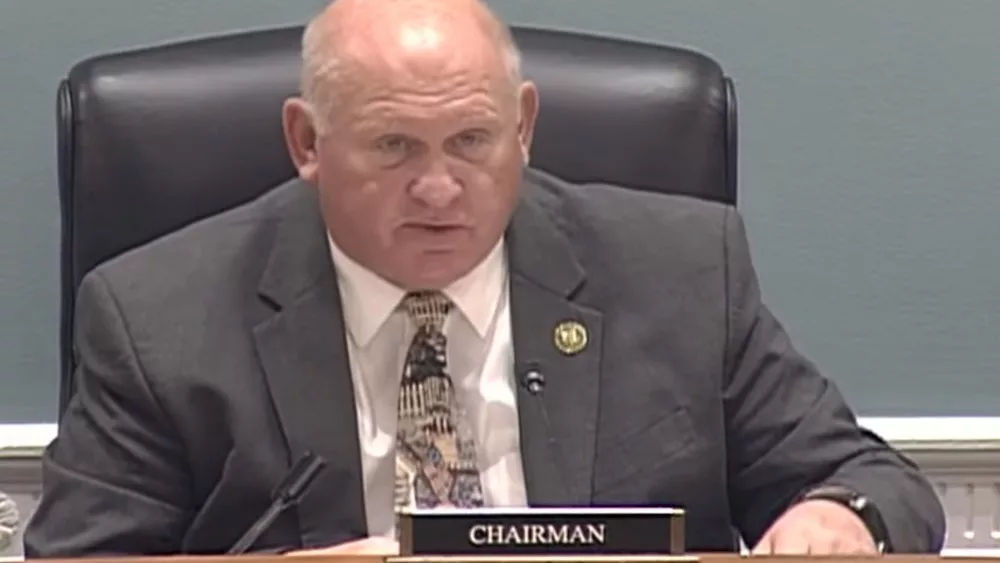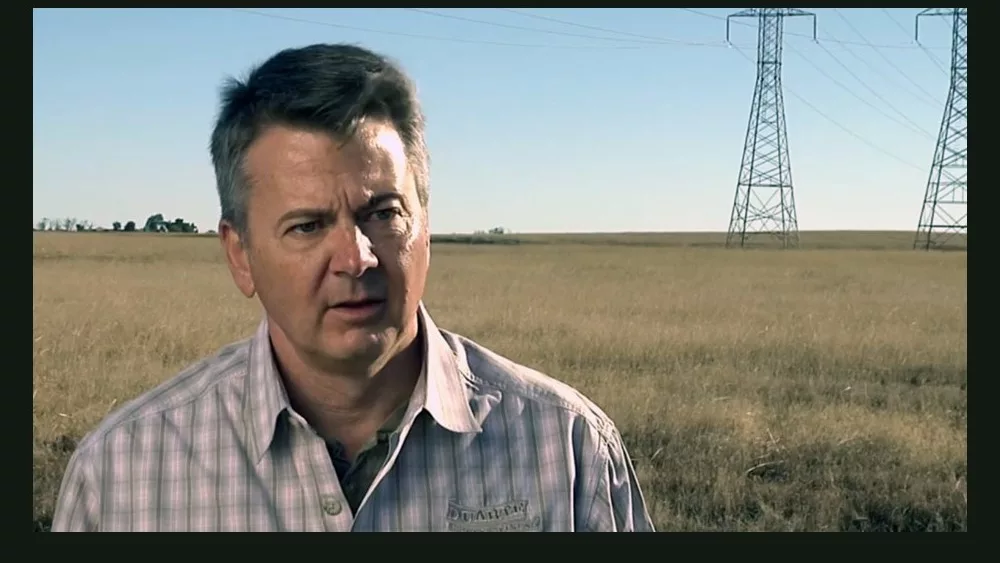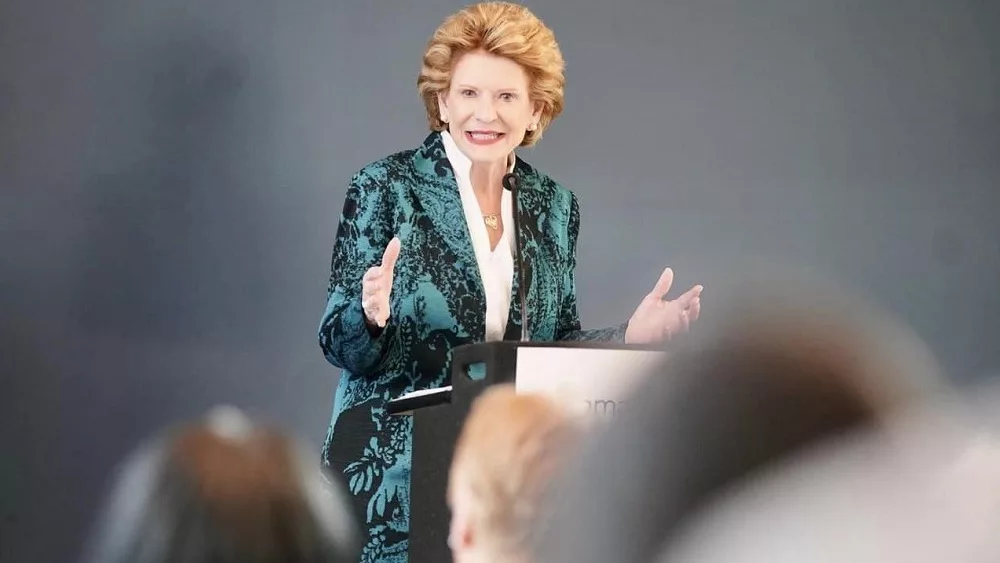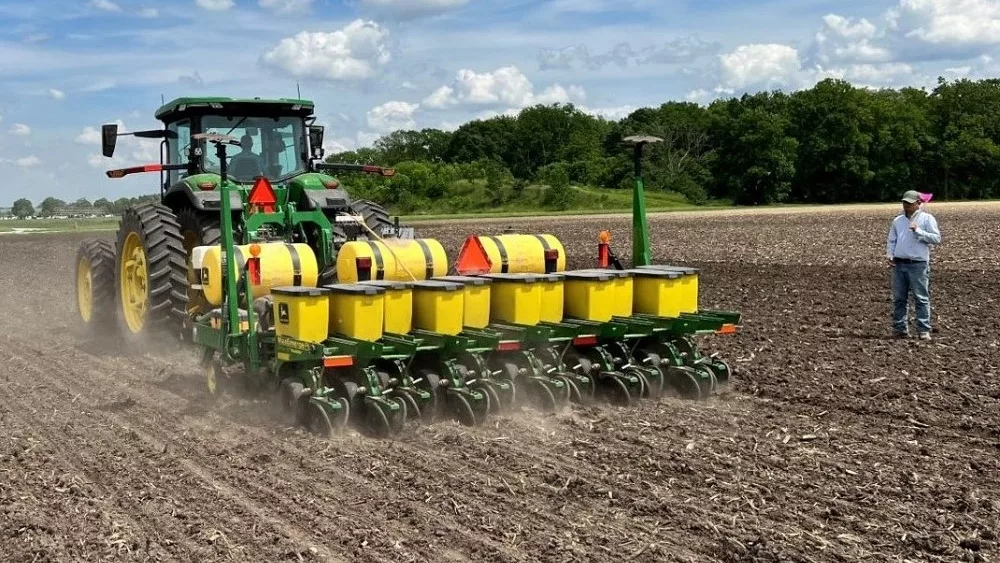On Friday afternoon, it was announced that the U.S. and China had reached a partial agreement in the trade war between the two countries. Specifically, China had agreed to some agricultural concessions and the U.S. would provide some tariff relief. President Trump and Chinese Vice Premier Liu He were scheduled to meet at the White House later in the day to discuss the issue. Earlier in the week, Chinese trade representatives met with their U.S. counterparts in Washington, D.C. to lay the groundwork for a deal. In remarks to reporters Friday afternoon, U.S. Treasury Secretary Steven Mnuchin called the discussions “productive.” NPPC has welcomed recent reports that China is making purchases of U.S. pork and currently excluding it from the application of retaliatory tariffs. However, NPPC seeks permanent removal of all punitive tariffs to address China’s unique pork supply need. With African swine fever dramatically reducing domestic production, the United States is well positioned to meet China’s need for safe, nutritious and affordable pork and to manage an emerging food price inflation challenge. In doing so, U.S. pork can single handedly put a huge dent in the United States’ trade imbalance with China.
NPPC ATTENDS WHITE HOUSE SIGNING CEREMONY OF U.S.-JAPAN TRADE DEAL
On Monday, President Trump held a White House press conference to announce the signing of the digital trade component of the U.S.-Japan agreement. NPPC President David Herring attended Monday’s press conference and talked with President Trump about the significant benefits the overall trade agreement will provide to the U.S. pork industry. “This is wonderful news for our pork producers in this country. Japan has been our number one value market for many years and it’s just great momentum. It creates tremendous opportunity in rural America,” he said. The full exchange is available here. Once implemented, the trade agreement will once again allow U.S. pork producers to compete on a level playing field in Japan. Dr. Dermot Hayes, an economist at Iowa State University, estimates exports to Japan could grow from $1.6 billion in 2018 to more than $2.2 billion over the next 15 years under market access terms included in the agreement. Other NPPC trade priorities include ratification of the U.S.-Mexico-Canada (USMCA) agreement, which preserves zero-tariff pork trade in North America, and a permanent waiver of all punitive tariffs in China that will enable U.S. pork producers to capitalize on an unprecedented sales opportunity with the world’s largest pork-consuming nation.
VICE PRESIDENT: USMCA PASSAGE ‘WILL BE A BIG WIN FOR AMERICAN FARMERS’
Vice President Mike Pence visited a farm in Waukee, Iowa, on Wednesday to highlight the benefits that the U.S.-Mexico-Canada (USMCA) agreement would have for agriculture. “If you give American farmers a level playing field, they can out compete anyone….When we get the USMCA done, it will be a big win for American farmers,” he said. Jen Sorenson, communications director for Iowa Select Farms and vice president of NPPC, spoke on a panel ahead of Vice President Pence’s remarks. She explained that Iowa Select Farms is on track to produce about 1.5 billion pounds of pork in 2019. “If you do the rough napkin math, that’s about 180 million pounds of pork that we’ll be exporting to Mexico and Canada, which tells you how important exports are to Iowa and Iowa farmers. Now if we took away that market, that would be about 140 farms out of production. Even more importantly, it would be a $60 million economic loss to the state of Iowa every year. So, these trade agreements are so important to our state and to farmers,” she said. Also speaking at Wednesday’s event were Sens. Joni Ernst (R-Iowa), Chuck Grassley (R-Iowa) and Iowa Gov. Kim Reynolds (R). One of NPPC’s top trade priorities is Congressional passage of USMCA, which preserves zero-tariff pork trade in North America.
Source: NPPC Communications





